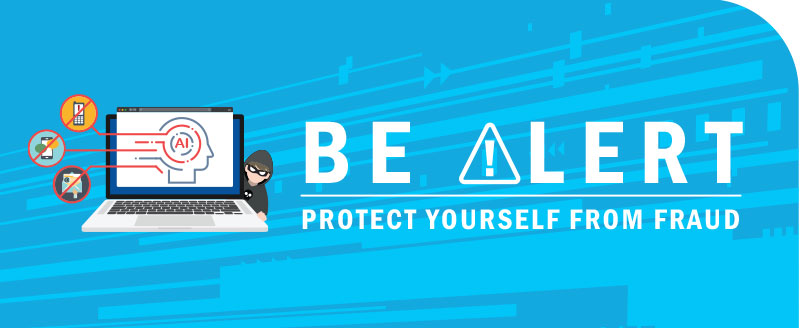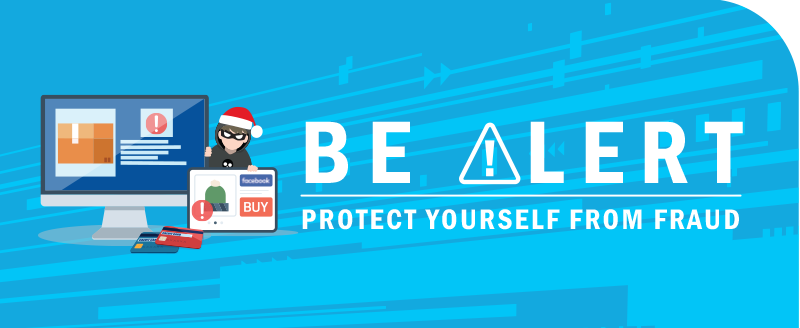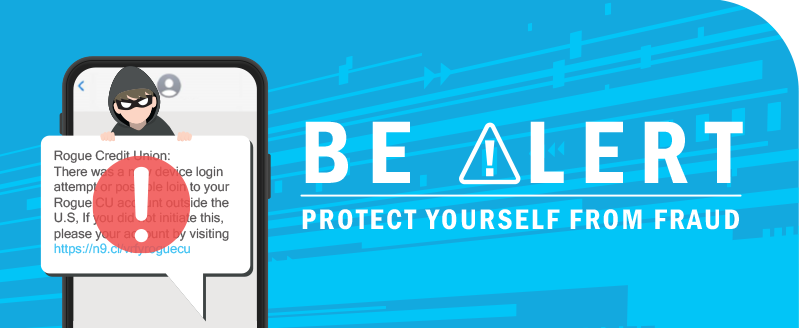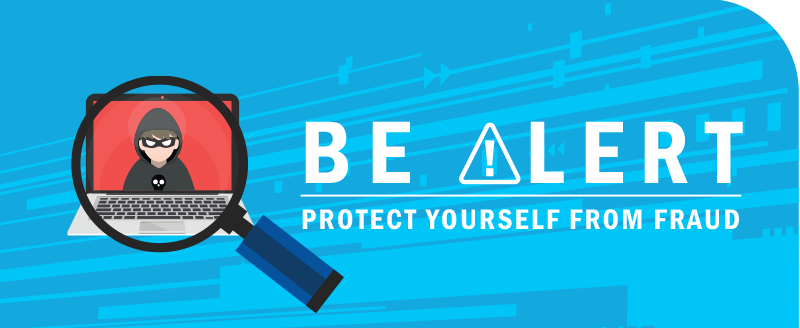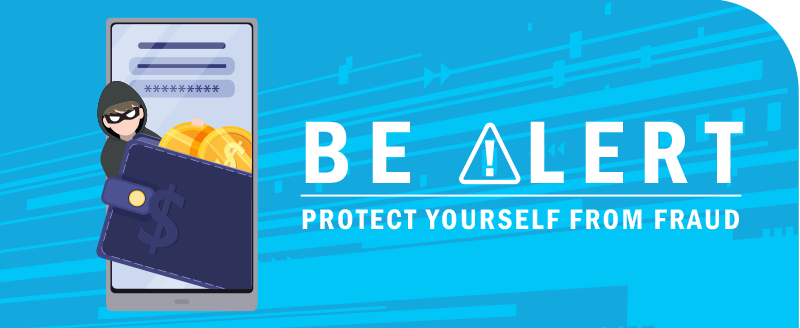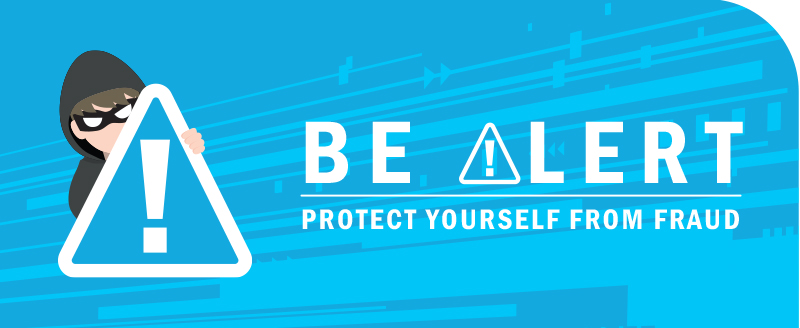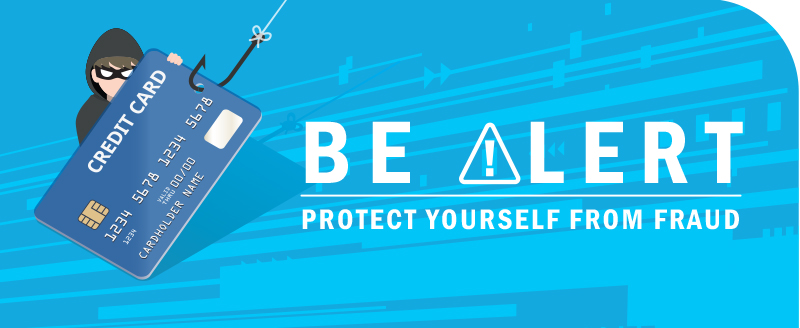Fraud in the Era of Online Financial Services
When the financial sector began to shift from an in-person experience to online service, loan applications and remote deposits became more convenient and secure than ever. At the same time, fraudsters found new opportunities to create dupes of popular services and the organizations that provide them.
Don’t let a fake company steal your information or trick you into committing fraud. Watch out for these three red flags instead.
-
Non-Existent Contact Information. If you receive a job or promotional offer that seems too good to be true, it probably is. Make sure to vet the business’ online presence. Look for contact information, a posted, physical address and “https” in the website’s URL to know that it’s secure.
-
Sketchy Business Registration. Even if a business has listed their address, contact information and/or business registration online, you should still confirm it with an external source. Especially if the “business” reached out to you about a pre-approval offer, ask your state’s Attorney General or financial industries regulator to confirm if the business is registered to do business in your state.
-
Formal Complaints. Whether the business is legitimate or not, searching for complaints made by other customers can provide a reliable picture of what to expect. The Consumer Financial Protection Bureau and Better Business Bureau both post the complaints they receive online, where you can read them for free.
It’s also important to understand the common tactics that fraudsters use to target their victims. Here are three you should know:
-
Remote Work Scams. Watch out for job offers from fake companies, like those hiring “mystery shoppers” or paying remote workers an unusually high amount. Some fraudsters will hire a freelancer, send a check for more than the amount owed and then request the extra funds be returned. This is remote deposit fraud in action! If you’re accepting payments from outside organizations, it’s a good idea to confirm the origin of the check and the legitimacy of the business before processing the payment.
-
Pre-Approval Offers. Be suspicious of lenders that guarantee approval, especially for personal or payday loans. While some trustworthy lenders will run a soft credit check and make you a pre-approval offer, they’ll never guarantee you’ll be approved for a loan. You should also consider whether you have an existing relationship with the lender: Do they know you well enough to make this offer?
-
Fake Websites and Social Media Accounts. Be careful when completing online loan applications or replying to messages on social media. Not all websites and social media profiles are what they seem. A fraudster may be impersonating a business, friend or family member in an attempt to steal your personal information. The best way to be sure is to go directly to the source. Instead of clicking a link in an email or social media post, go directly to the website from your browser. For example, you could type https://roguecu.org into Google. The same is true for suspicious messages from friends, family or even a business you trust. Instead of replying to the comment or continuing the phone call, stop and contact them directly instead.
At Rogue Credit Union, we take the safety and security of our members’ accounts very seriously. If you have any questions or suspect fraudulent activity on your accounts, we’re here to help. Give us a call at 800.856.7328, chat with us online or visit your local branch.



